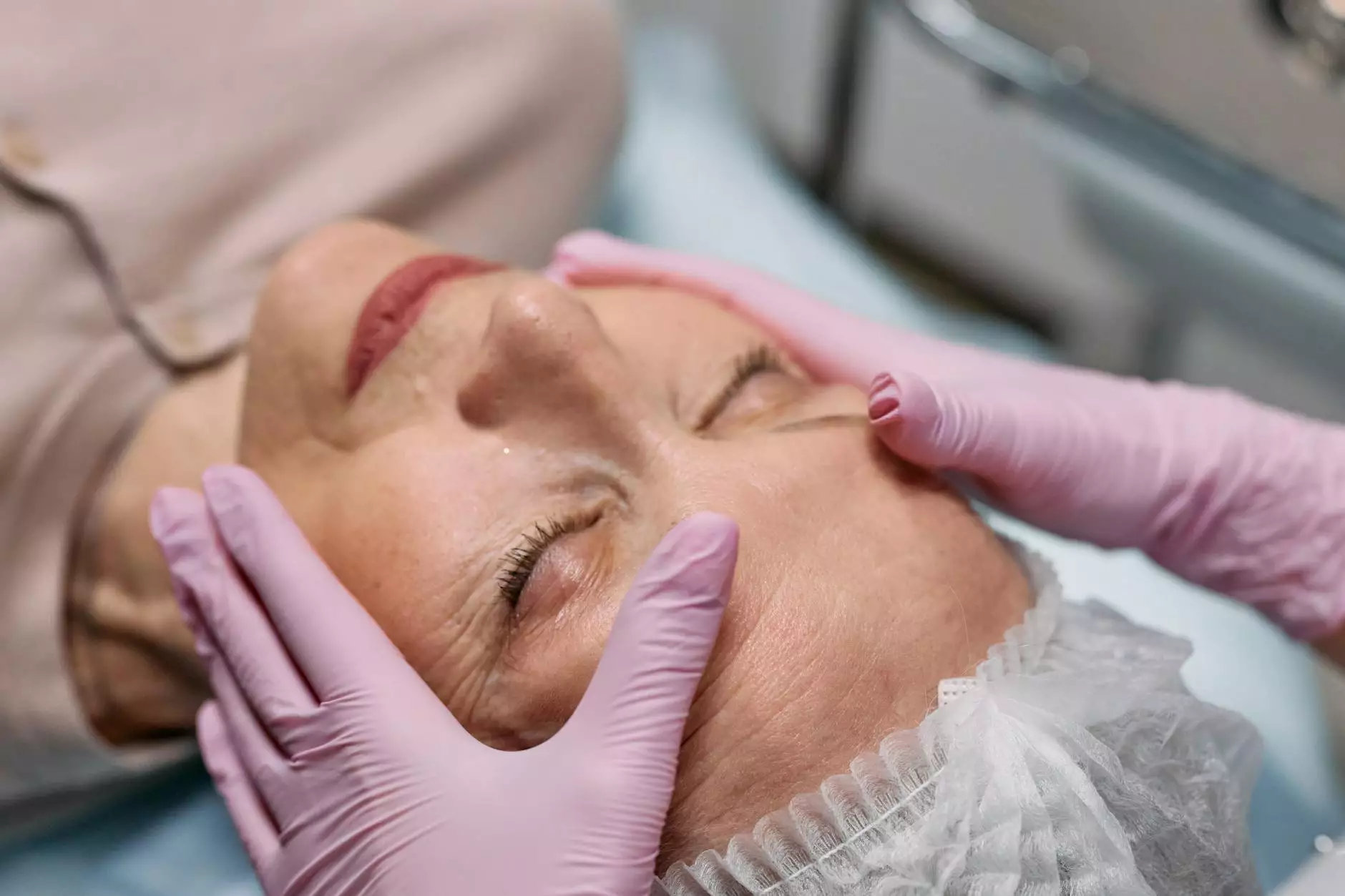Understanding the Cost of Dental Crowns: A Comprehensive Guide

The journey to achieving a healthy and beautiful smile often includes various dental procedures, and one of the most important among them is the dental crown. While many people have heard of dental crowns, few understand the cost of dental crowns, what affects that cost, and why they might need one. This detailed article aims to provide invaluable insights into these topics, making it easier for you to navigate the world of dental crowns and their associated costs.
What is a Dental Crown?
A dental crown, often referred to as a cap, is a type of dental restoration used to cover a tooth that has suffered damage due to decay, fracture, or discolouration. Crowns can restore the tooth to its original shape, size, and function, making them an essential element of restorative dentistry.
Why Are Dental Crowns Needed?
Dental crowns serve multiple purposes:
- Protection: Crowns are used to protect weakened teeth from fracturing.
- Support: They can anchor dental bridges or cover implants.
- Restoration: Crowns restore the shape and function of damaged teeth.
- Aesthetic improvement: Crowns can enhance the appearance of discoloured or misshapen teeth.
Factors Affecting the Cost of Dental Crowns
The dental crown cost can vary widely based on several factors, including:
1. Material Type
Dental crowns are available in various materials, each affecting the cost differently:
- Porcelain Crowns: Porcelain crowns are aesthetically pleasing and blend well with natural teeth but may be more expensive.
- Metal Crowns: These crowns are durable and less expensive but may be less visually appealing.
- Porcelain-Fused-to-Metal Crowns: These provide a balance between aesthetics and durability but can be costlier than metal crowns alone.
- Zirconia Crowns: Known for their strength and aesthetic appeal, zirconia crowns are often priced at the higher end of the spectrum.
2. Geographic Location
The cost of dental crowns can vary significantly based on your location. Urban areas often have higher prices due to a greater cost of living. Conversely, smaller towns or rural areas may feature more competitive pricing.
3. Dentist's Expertise
A dentist's experience and reputation can also affect the cost of dental crowns. Established dentists with specialized training may charge more for their services due to their expertise.
4. Dental Insurance
Your dental insurance coverage can greatly affect your out-of-pocket costs. Some plans partially cover crowns, while others may not cover them at all. It is essential to review your insurance policy carefully to understand your financial obligations.
5. Additional Procedures
Sometimes, a dental crown may require additional procedures, such as root canals or extraction, which can further increase the total cost. Always consult your dentist to understand any potential extra procedures that may be needed.
Average Cost of Dental Crowns
The national average cost of dental crowns can typically range from $800 to $3,000 per crown, depending on the factors mentioned above. Here’s a breakdown of average costs based on different types:
- Porcelain Crowns: $1,000 - $2,500
- Metal Crowns: $600 - $1,200
- Porcelain-Fused-to-Metal Crowns: $800 - $1,500
- Zirconia Crowns: $1,000 - $3,000
Payment Options for Dental Crowns
Understanding the financial aspect of dental care is crucial. Here are some common payment options for dental crowns:
1. Dental Insurance
Many dental insurance plans provide partial coverage for dental crowns. It's vital to check your plan details to find out your specific benefits.
2. Flexible Payment Plans
Some dental offices offer financing options or payment plans that can help spread the cost over time, making it more manageable for patients.
3. Health Savings Accounts (HSAs) and Flexible Savings Accounts (FSAs)
If you contribute to an HSA or FSA, you can use these funds to pay for dental crowns, which may also provide tax advantages.
Benefits of Dental Crowns
Despite the upfront costs associated with dental crowns, there are several benefits that make them a worthwhile investment for your dental health:
- Longevity: Dental crowns can last many years, often 10-15 years or more with proper care.
- Improved Functionality: Crowns restore proper bite and chewing function, essential for overall health.
- Aesthetic Enhancement: Crowns can significantly improve the appearance of teeth, boosting self-confidence.
- Protection: They shield weakened teeth, preventing further decay or damage.
Maintaining Your Dental Crown
Proper care and maintenance can prolong the life of your dental crown and ensure continued oral health. Here are some essential tips:
- Maintain Good Oral Hygiene: Brush and floss regularly to keep your mouth healthy.
- Regular Dental Check-ups: Visit your dentist regularly for cleanings and check-ups.
- Avoid Hard Foods: Try to avoid biting down on hard foods that could damage your crown.
- Limit Staining Foods: Be mindful of foods and beverages that may stain porcelain crowns.
Conclusion
Understanding the cost of dental crowns and the various factors that influence it is crucial for anyone considering this dental procedure. From material types to geographic location, and even insurance coverage, being informed empowers you to make the best decisions regarding your dental health.
Investing in a dental crown not only enhances the aesthetic appeal and functionality of your teeth but also promotes overall oral health. If you're considering a dental crown, consult with your dentist to discuss your options and get a clearer picture of the potential costs involved.
For more information on dental health and dental services, explore our resources at wupdoc.com. Your journey to a healthy and beautiful smile starts here!



